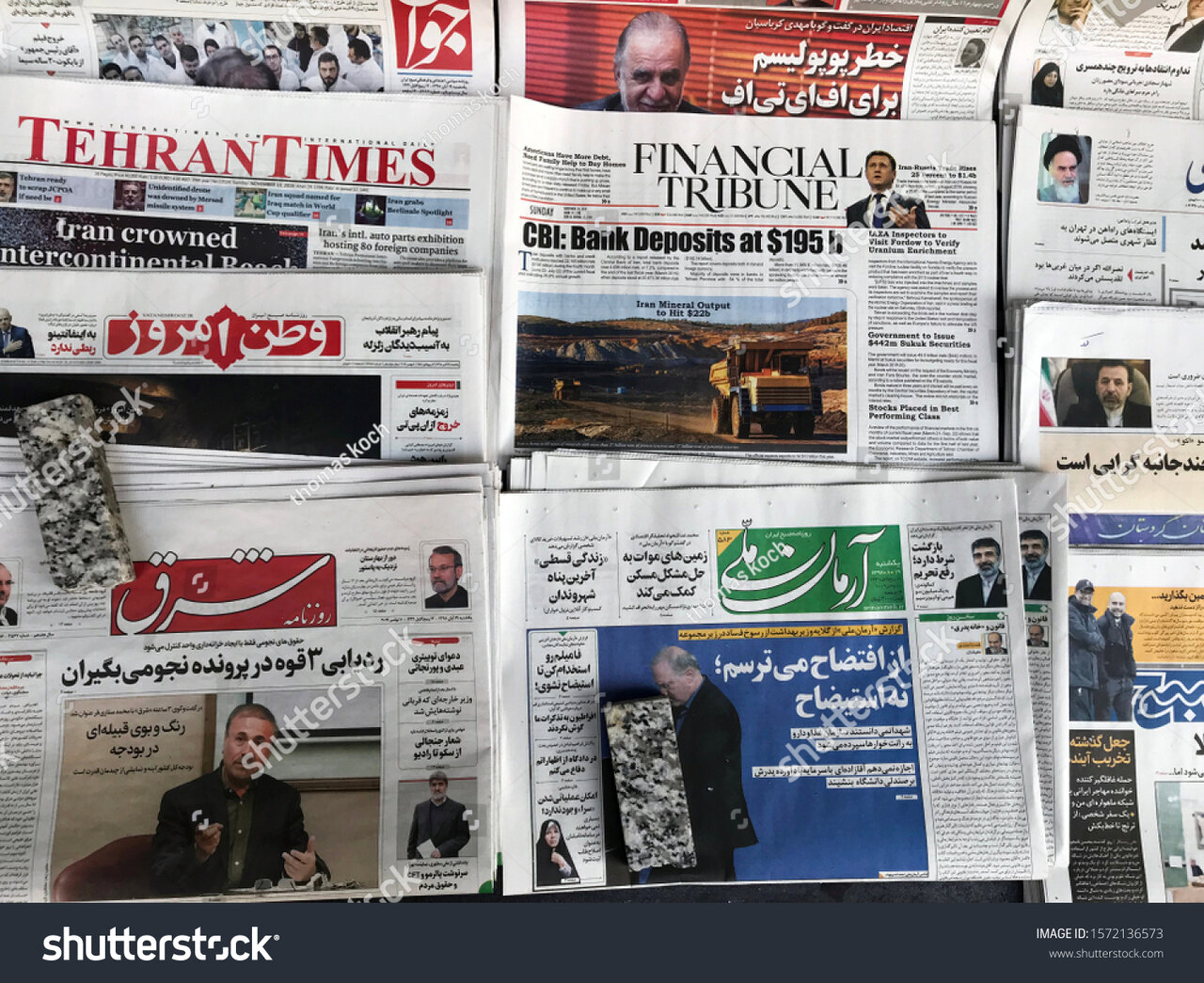Secret letters between Iran and America?

Arman-e-Emrooz in a confused report made claims about secret correspondence between Iran and the America and wrote about the advantages of a regional agreement.
It said: One of the advantages of a regional agreement is that a strong economic relations can convert the scenario of conflict between Iran and its neighbors into a more costly option. With an economic interdependence, the rich Arab countries of the Persian Gulf will gain more leverage to control Tehran’s behavior. On the other hand, Iran will have the opportunity to rebuild its economy.
One of the benefits for America in the case of a broader regional agreement is that a regional nuclear competition will be avoided.
In other words, this agreement will be more stable and powerful than the JCPOA. If such an agreement lessens tensions between Iran and its neighbors, it will allow the United States to focus more on important issues such as climate change and competition between great powers. An agreement may have started from the exchange of secret letters between Iran and America, and the parties are negotiating to reach an agreement in which China will undoubtedly be one of its players.
Shargh: Cairo’s view to Riyadh
In a note, Shargh addressed the issue of Iran-Egypt relations. It wrote: The agreement between Iran and Saudi Arabia on March 10 can provide the possibility of negotiations to heal the rift between Iran and Egypt. If the normalization of relations between Iran and Saudi Arabia provides the possibility of solving several regional issues, especially in Syria and Yemen, it will naturally be imaginable to improve mutual relations between Iran and Egypt.
Like Sharq, the Etemad newspaper also pointed to dialogue between Tehran and Cairo mediated by Iraq. Etemad quoted an expert’s analysis who said: “There is a feeling in Iran that we need to put aside some of our actions abroad and start new moves and policies. I think that if we consider the conditions of time, it is a good opportunity to normalize the relations between Tehran and Cairo.”
Kayhan: America’s confrontation with regional politics or Iran
In its editorial, Kayhan discussed the America’s determination to confront Iran’s regionalism policy and emphasized that America will fail in this campaign. It wrote: Israelis and Americans will certainly take actions to bring the new Iranian policy in the region to a failure, but brave and prudent steps from regional countries, especially by Iran and Saudi Arabia, will not allow them to cause trouble for the great achievements of regionalism, Asianism and neighborhood policy.
Iran: The new order of the region without Western influence
The Iran newspaper devoted its headline to the issue of confrontation between America and Iran in the region and said: Although America had tried to limit Iran’s scope of action by strengthening its allies in the Middle East in recent years, it has failed in a self-made conflict with our country, either with direct military presence or with the leverage of Takfiri terrorism. After Washington became helpless in the proxy wars and admitted the failure of maximum pressure against Iran in the areas of diplomacy and sanctions, it found an appropriate time to focus on another strategy in the Middle East.
This strategy was to support normalization of relations between Israel and the Arab countries and also take major intelligence and proxy operations against the Islamic Republic’s military forces overseas. This strategy has practically lost its significance with the agreement between Tehran and Riyadh as two important players in the region. It has forced the decisionmakers in America to take hasty positions and to go on injudicious trips to the region. The recent position of the U.S. National Security Adviser is because of this. Sullivan used the nuclear case and the unfinished Vienna negotiations as an excuse to provoke new diplomatic tensions and proved that America is responsible for all Israel’s destructive actions against Iran’s nuclear activities.
Hamshahri: Six moves
In a commentary, Hamshahri discussed the foreign policy achievements of the Raisi government. It wrote: The Islamic Republic of Iran’s move in adopting a new foreign policy in recent months is bearing fruit, and the course of regional and global developments, especially in ??West Asia, indicates formation of new arrangements in the Middle East and the Persian Gulf.
Hamshahri cited six reasons for this. They are: Setting a new foreign policy agenda, taking steps toward relations between Tehran and Arab governments, strategic triangle between Tehran, Moscow and Beijing, relations between Iran and Saudi Arabia, a warning to the American-Zionist axis, and the last one is clearing up misunderstandings with the International Atomic Energy Agency (IAEA).
Leave a Comment